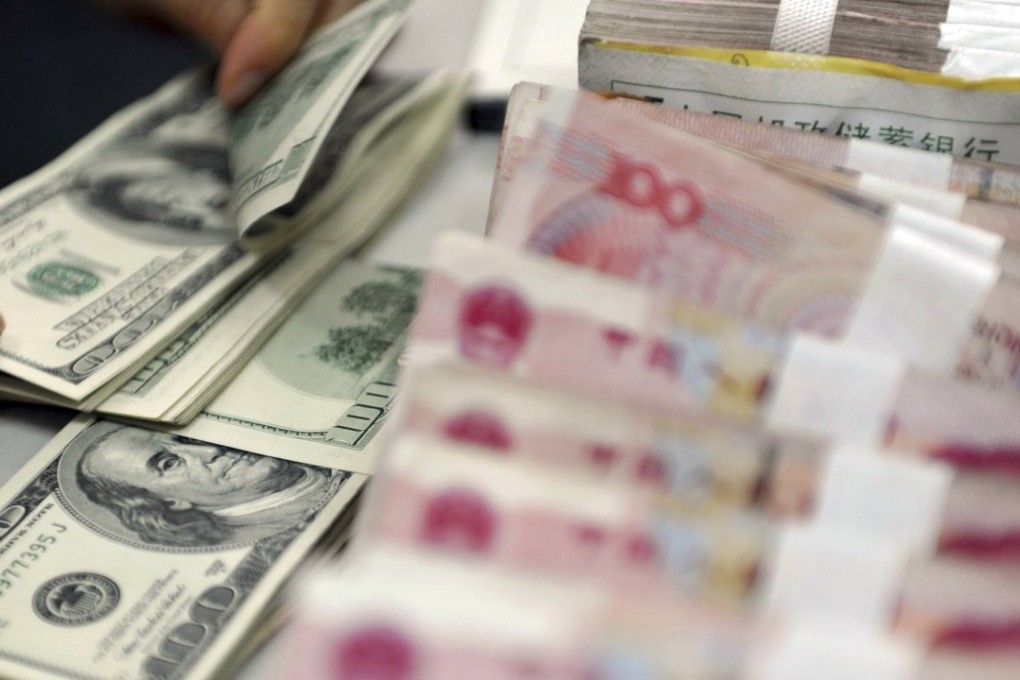Chinese scramble to safety of US dollar as yuan weakens and forex reserves drop

Lynn Zhang, a Shanghai resident, took three ID cards – hers, her mother’s and her father’s – to a bank branch last summer and bought US$150,000 to offset a weakening yuan.
“It’s not a speculative act but a protective one,” Zhang said. While her expenses in US dollars, mainly on overseas trips, will not exceed US$10,000, she said a fat dollar savings account was a good guarantee of value if China’s economy continued to slow and the yuan continued to fall.
As yuan depreciation deepens and the fall of China’s reserves accelerates, a growing number of Chinese individuals and companies are rushing to turn yuan into dollars. A wave of money-changing is taking place in many parts of the country, sometimes beyond the capacity of banks to handle, according to the Shanghai Securities News.
The State Administration of Foreign Exchange, the foreign exchange regulator, had ordered banks in some areas to limit US dollar purchases this month to curb outflows, Reuters reported.
“It’s quite natural for some people to want to alter their currency portfolios when expectations change,” said Tao Dong, the chief economist for non-Japan Asia at Credit Suisse in Hong Kong. “If everyone in the market is seeing the same direction, then the exchange rate must not be right.”
A key risk with the yuan’s exchange rate is the lack of proper ways to quantify its risks. “If you can’t quantify the risks, you can’t hedge against the risks,” Tao said.